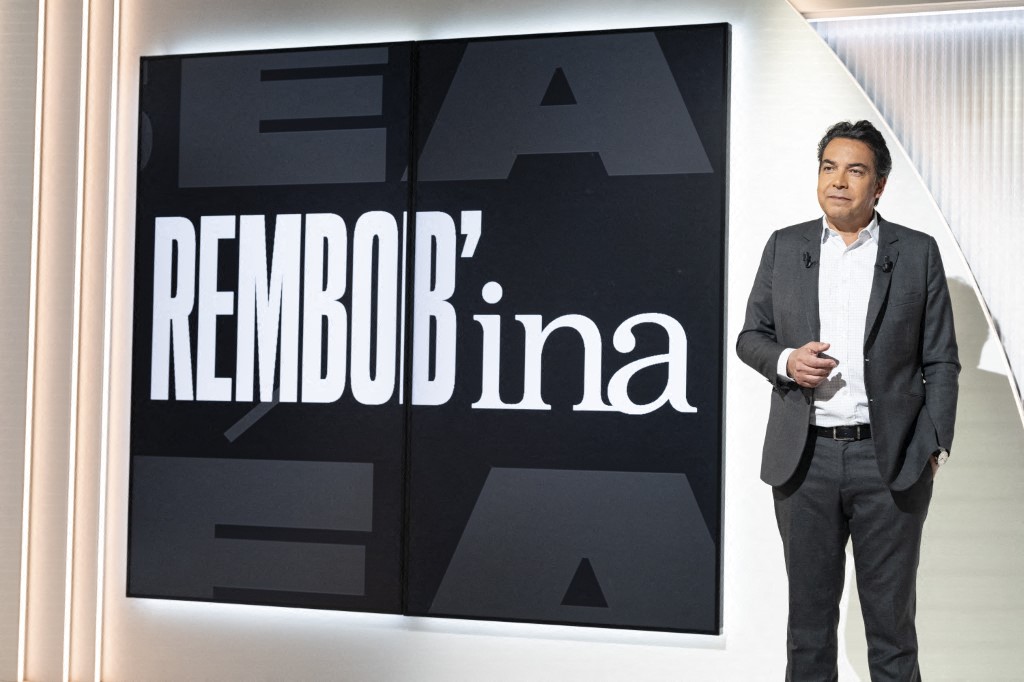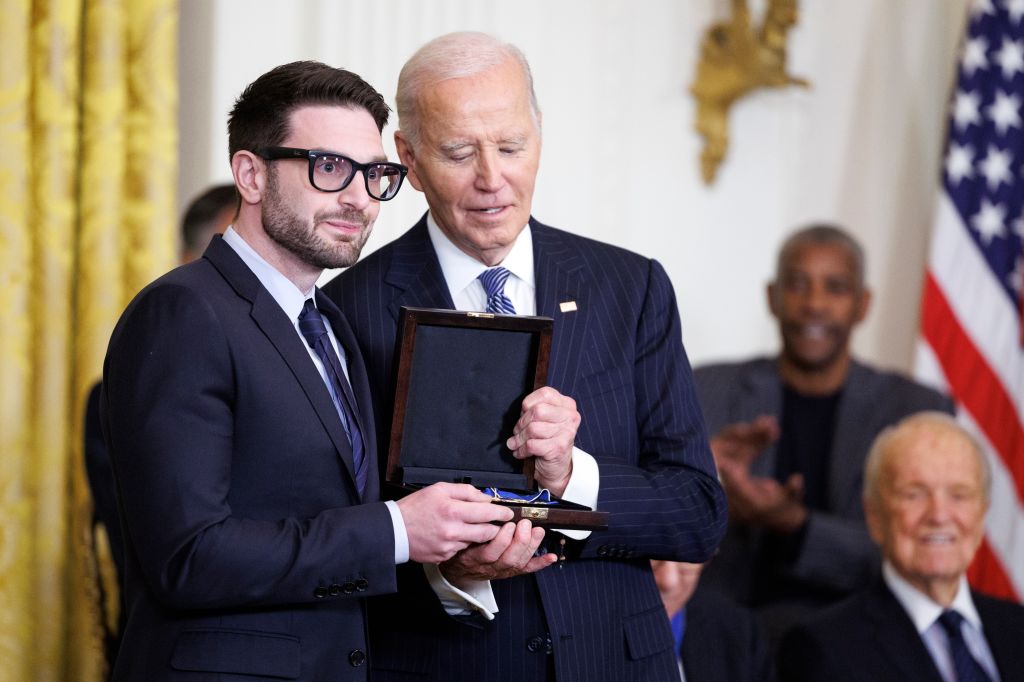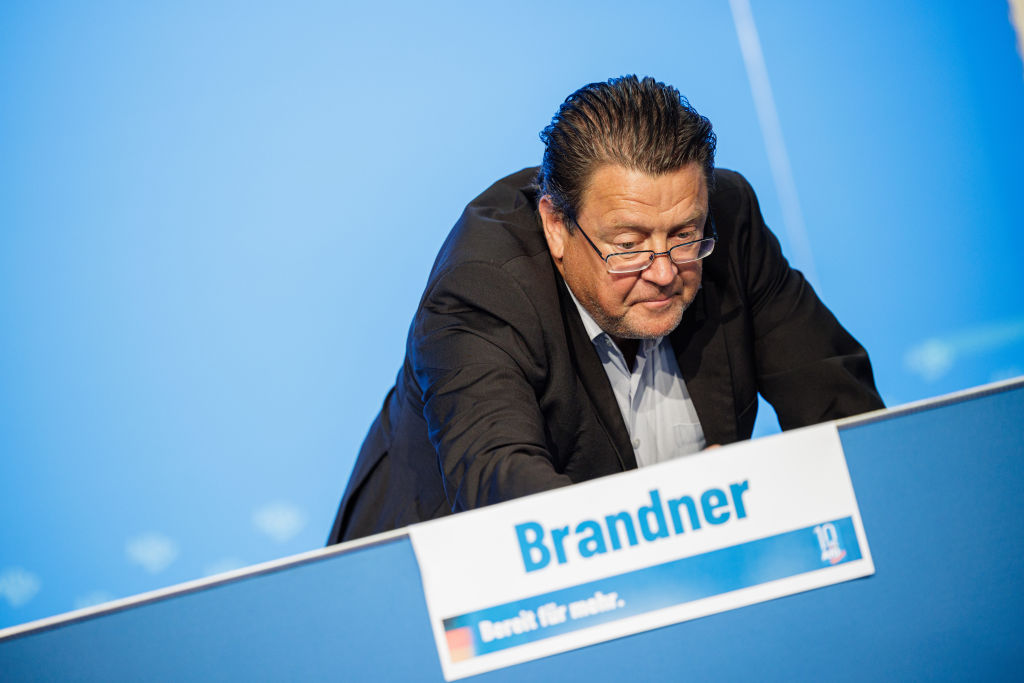After the European elections in 2024, the European Commission transferred more than €600,000 to the journalists’ network Project on Reporting on Organised Crime and Corruption (OCCRP).
Critics oppose the subsidy, saying Brussels is politically influencing the media with money, pointing out that the OCCRP has been long connected with targeting specific politicians in their investigations and had close ties to US establishment interests and the controversial billionaire George Soros.
OCCRP is specialised in uncovering financial scandals and was involved in reporting on the Panama Papers and the an Austrian scandal known as the “Ibiza affair”. It also made headlines before the European elections, reporting on European Union-sceptic politicians.
Brussels said it gave the money as part of an EU project aimed at “strengthening” European journalism via the NEXT-IJ project, German news outlet Berliner Zeitung reported at the time.
The initiative reportedly supports European journalists and media organisations with training and tools for investigative journalism. The EC emphasised that the co-financing is transparent and tied to strict journalistic standards.
It disclosed the information to the Alternative for Germany (AfP) MEP Petr Bystron, who himself has been accused of taking Russian bribes.
In early 2024, he was accused of taking Russian bribes for speaking to pro-Russian media outlet Voice of Europe. Bystron’s homes were searched by the police numerous times while he denied any wrongdoing.
Since then, no evidence has been presented and no charges were brought against him.
He said at the time, in May last year, that the allegations were part of an organised political campaign against him.
Regarding the EC, Bystron said: “The journalist network OCCRP actively manipulated the EU elections — just a few months later, the EU paid them well over half a million euros. The network includes media outlets like Der Spiegel.
“Pro peace politicians were defamed as ‘agents of Moscow’ by OCCRP. The consequences were dramatic: 23 fruitless raids on Petr Bystron’s properties alone! Now it’s clear: The OCCRP network turns media houses into agents —they produce paid propaganda instead of critical journalism,” he claimed.
“This could become the biggest media scandal of the post-war era,” the MEP added.
OCCRP media publicly labelled candidates in six EU countries as “Moscow agents” in the run-up to the election — without providing credible evidence to support these serious allegations, critics have claimed.
According to revelations by French investigative journalists with the left-wing outlet Mediapart in December, the then-US government had given close to €50 million to the OCCRP. The British government and the Swedish government also donated millions.
The journalists reported that Washington supplied half of its budget, has a right to veto its senior staff and funds investigations focusing on Russia, Venezuela, China and Central Asian regimes.
OCCRP boasts 70 media members and 50 media partners from among the most prestigious worldwide, including The New York Times and The Washington Post in the US, The Guardian in Britain, Der Spiegel and Suddeutsche Zeitung in Germany and Le Monde in France.
According to public sources, the US government was OCCRP’s largest donor in 2023, with USAID, the Department of State and the National Endowment for Democracy collectively providing more than half of its annual funding, leaving many to query its bias, independence and autonomy.
These funds have been under scrutiny and in large part cancelled by the current US administration.
Drew Sullivan, founder of the group, admitted that it was “mostly true” that his NGO did not “do stories on US […] in the early years” because all of its budget was paid for by Washington and the Open Society Foundations, founded by Soros.
“We couldn’t use US government or Soros money for US stories,” he said.
The Platform to Promote the Protection of Journalism and Safety of Journalists has warned against increasing abuse of journalists in its latest report on media freedom in Europe. @CoEMediaFreedom https://t.co/YKZ5OXx8qj
— Brussels Signal (@brusselssignal) March 6, 2024





